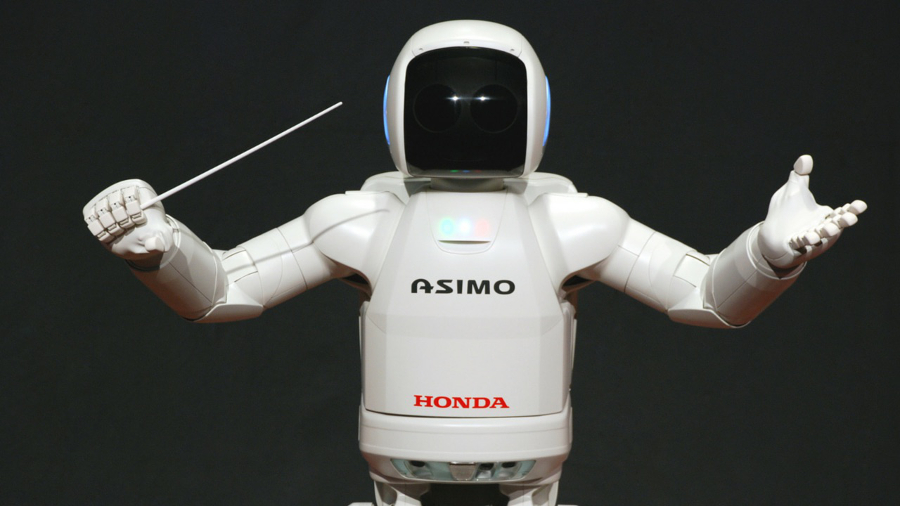Schmidt says robots will take our jobs: Rise of AI is a natural progression
But he insists AI will make the world a better place for everyone

Lately we've been hearing a lot about artificial intelligence and robots pinching jobs from us humans, and Eric Schmidt, executive chairman of Alphabet (parent company of Google) is the latest to chime in on the topic.
And his thoughts, revealed in an interview with the Telegraph, were prompted by the recent well-publicised games of Go between top-level human player Lee Se-dol and Google's AI AlphaBot, in which the latter resoundingly triumphed to an unexpected degree, leading Schmidt to observe: "Now there is a sense that AI has finally arrived."
Given this sterling Go success, the interviewer raised the prospect of AI-driven robots becoming better than humans in all sorts of avenues of work, thus threatening jobs. And Schmidt openly admitted that more routine, manual roles will indeed be in danger of being taken over by robots.
Schmidt said: "There's no question that as [AI] becomes more pervasive, people doing routine, repetitive tasks will be at risk."
He added: "I understand the economic arguments, but this technology benefits everyone on the planet, from the rich to the poor, the educated to uneducated, high IQ to low IQ, every conceivable human being. It genuinely makes us all smarter, so this is a natural next step."
This is a rather vague statement, though, and it feels a little like being told not to stand in the way of progression – Schmidt is saying this is win-win for everyone, but not even remotely touching on the actual subject of what will happen to those whose jobs are threatened.
Of course, progress is inevitable – particularly when AI is going to drive more efficient business and cost-effectiveness – but as Dave Coplin, Microsoft's futurologist in the UK observed, the best thing to do to combat any job uncertainty is to become good at what machines can't do well. For the full details on his thoughts, check out our recent interview with Coplin; it's an illuminating little read.
Sign up to the TechRadar Pro newsletter to get all the top news, opinion, features and guidance your business needs to succeed!
Darren is a freelancer writing news and features for TechRadar (and occasionally T3) across a broad range of computing topics including CPUs, GPUs, various other hardware, VPNs, antivirus and more. He has written about tech for the best part of three decades, and writes books in his spare time (his debut novel - 'I Know What You Did Last Supper' - was published by Hachette UK in 2013).